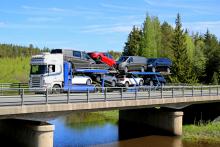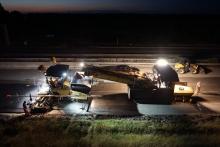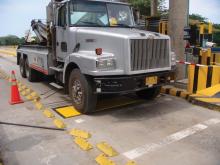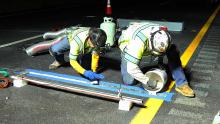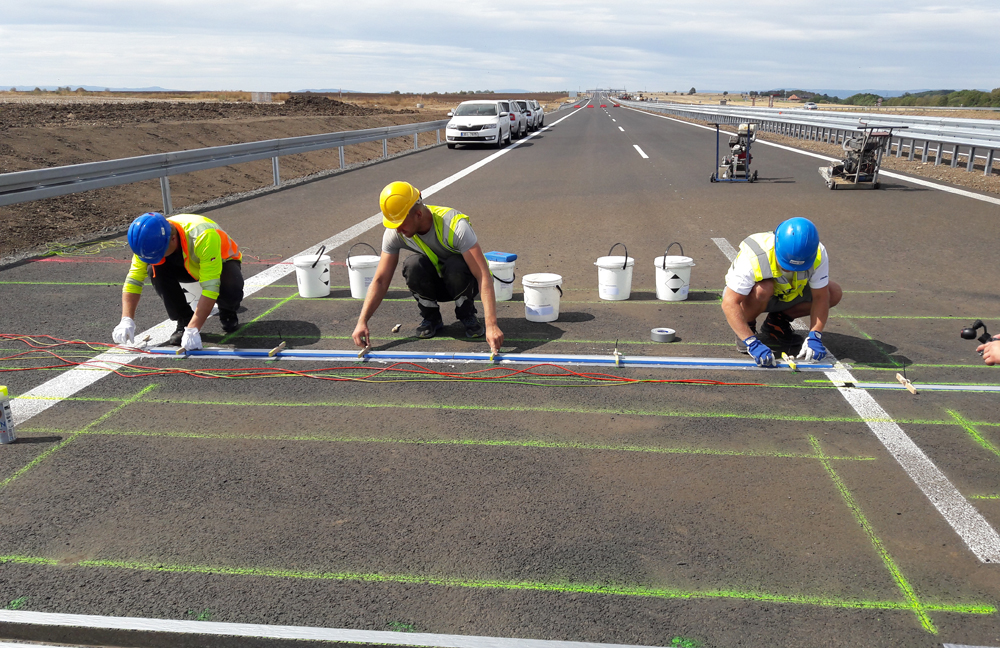
Sensors in the road surface record the weight of vehicles while driving – without impairing the flow of traffic. But installation has involved a considerable inconvenience - having to document the process on paper forms, notes Kistler, a global Swiss company that focuses on measurement technologies for dynamic pressure, force, torque and acceleration.
Thanks to its new app, documentation is not only easier and more practical, but also comes with the extra advantage of real-time support from WIM specialists.
Sensor installation usually takes only a few hours. However, factors such as weather on the day of installation or road conditions, can significantly affect the durability of measurement equipment and sensors. These factors also influence the quality of measurements.
For instance, when installed in a wet slot, the adhesion of the grout will be weak, leading to bad fixation of the sensors in the road. To ensure the sensors’ longevity and accuracy and to grant the customer full warranty, the installation process has to be documented carefully. Usually, this means filling out pages-long paper forms at the installation site. But this is rarely very practicable, especially during a night-time installation or when standing in the middle of a road in windy weather. The forms are often lost or illegible - or technicians simply forget about them.
Thanks to the new WIM app from Kistler, documentation is now more practical and less time-consuming. Technicians easily enter information using a smartphone. The site is located via GPS and a photo of the installation plan functions as the basic site layout. Meanwhile, close-up photos of the pavement suffice as documentation of the road conditions. The sensor is identified by scanning its bar code.
The app is clearly structured and guides users through the installation steps. Green symbols indicate that the form is completed. The data is then submitted to Kistler and assessed by a specialist for immediate feedback and support. The onsite technician receives a PDF report for each WIM site and is notified that Kistler has approved the installation. The app can be used by any registered technician and is available for iOS and Android.




